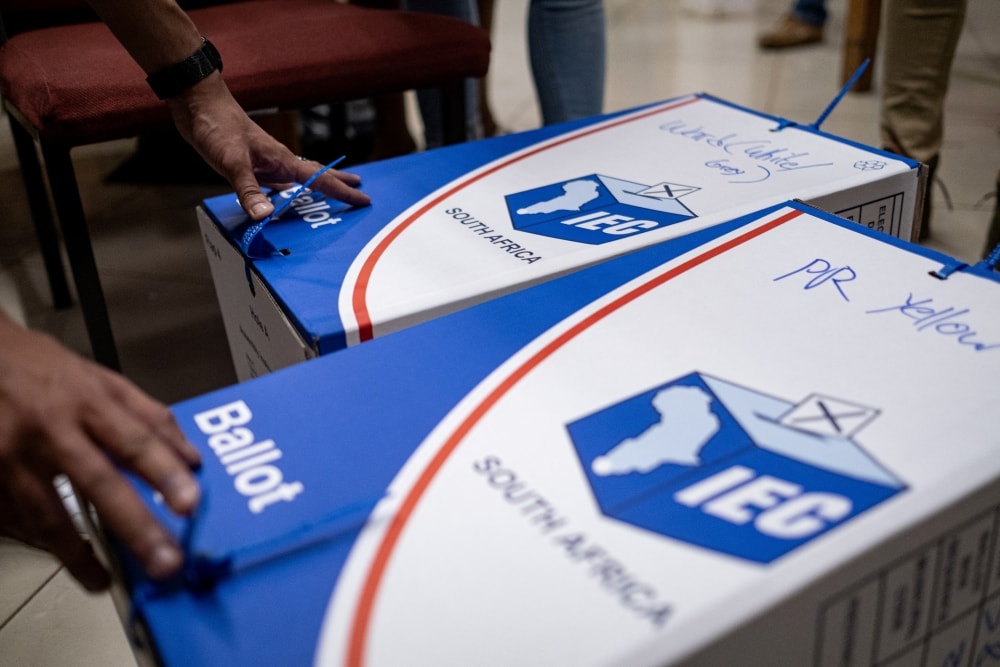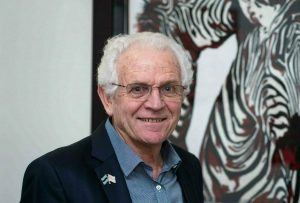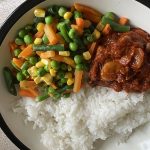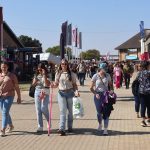It is almost a month before the election and market research firm Ipsos’ latest poll shows that more than a third (35%) of registered voters still believe that there is “no political party that truly represents their views”.
A mere 23% of registered voters believe at this stage that the country is moving in the right direction, while two-thirds (66%) think that the country’s current “direction of travel” is wrong.
Insecurity is highest in KwaZulu-Natal. Almost a fifth of the province’s voters have not yet decided which party or candidate they will vote for on 29 May.
Ipsos says voters’ uncertainty and fear about the potential outcome and consequences of the 2024 national and provincial elections are reminiscent of the feelings experienced by South Africans in 1994.
The firm says its latest poll therefore highlights how important it is for political parties and candidates to address voters’ concerns within the next month.
Ipsos conducted a randomly selected sample across all nine provinces, settlement types and rural areas in South Africa during March and April as part of its latest poll. Those who indicated that they were registered to vote (2,545) were analyzed separately.
According to Mari Harris from Ipsos, the political landscape in South Africa is currently undergoing significant shifts. She says it is clear from the latest poll that the ANC is struggling to impress voters and that the formation of the uMkhonto we Sizwe (MK) party over the last few months has had a profound effect on the distribution of support among the leading political parties had.
 Only 38% of voters nationally believe at this stage that the ANC will fulfill their election promises. Ipsos says the party’s support base has also long been concentrated in rural areas.
Only 38% of voters nationally believe at this stage that the ANC will fulfill their election promises. Ipsos says the party’s support base has also long been concentrated in rural areas.
The rise of the MKP has halted the progress the EFF has made in recent years, particularly in KwaZulu-Natal, with some former EFF supporters migrating to the new party.
Harris says, however, that the DA still maintains its position and at this stage has the support of around a fifth of voters.
The IVP’s support is mainly concentrated in KwaZulu-Natal, while ActionSA’s support comes mainly from Gauteng. Although the FF Plus has low overall support, it comes from right across the country, Ipsos’ poll shows.
Gauteng and KwaZulu-Natal, with respectively 23.6% and 20.7% of voters, appear to be the key provinces to watch in the upcoming election.
Harris says it would be wise for political parties to focus on the views and opinions of women during the last month of their campaigns.
Women make up 55.24% of the country’s registered voters.
“As South Africa prepares to go to the polls, shifting political alliances, regional uncertainty and the importance of the female electorate will all play a decisive role in determining the outcome of this historic election.”
Harris warns, however, that the party support figures discussed in Ipsos’ latest opinion poll should not be taken as a firm prediction of possible election results, as the next month will undoubtedly bring a lot of volatility and change in the political environment.
In addition, not all registered voters will cross on election day and this will also affect the final election outcomes, explains Harris.








